|
|
|
Editor's note
|
|
The world’s been seized by football fever, and Africa is no exception. Two of the continent’s five representatives, Morocco and Egypt, have been knocked out in the World Cup group stages; three - Nigeria, Senegal and Tunisia - remain. But their geography doesn’t mean everyone on the continent is united behind those teams. Mahfoud Amara writes that this comes down to issues of identity and what different African regions think of each other.
Global fears about immigration have increasingly led to travel within Africa being conflated with economic migration towards Europe. Now, says Julien Brachet, Niger has emerged as Europe’s latest border guard.
The grand scale of corruption in Kenya has hurt the country’s image. It’s seen as one of the most corrupt countries in the world and is plagued by a long list of scandals. Odongo Kodongo writes that the haemorrhaging of public funds will do enormous damage to Kenya’s already struggling economy.
Next year Nigeria heads to the polls but there are many areas of concern that need to be tackled before the ballot. Olayinka Ajala argues that the conflict between farmers and herders in the north, and the Boko Haram threat are among the challenges that need urgent attention if the country is to hold credible elections.
|
Charles Leonard
Arts + Culture Editor
|

|
|
Top Story
|
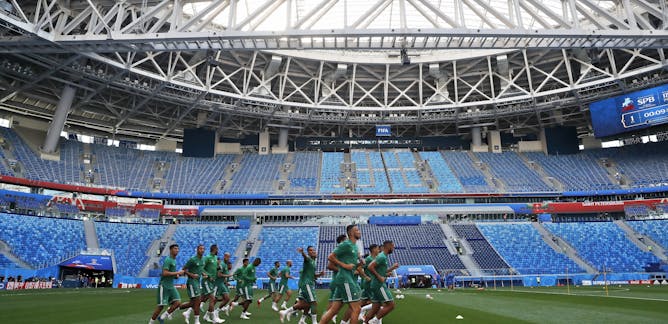
Mahfoud Amara, Qatar University
The football world cup offers a useful chance to consider the apparent division between North and sub-Saharan Africa.
| |
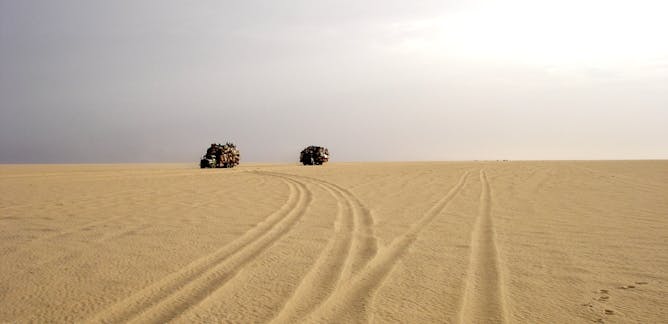
Julien Brachet, Institut de recherche pour le développement (IRD)
As in the Mediterranean, travel through the Sahara is difficult and unnecessarily dangerous by increased checks and control.
|
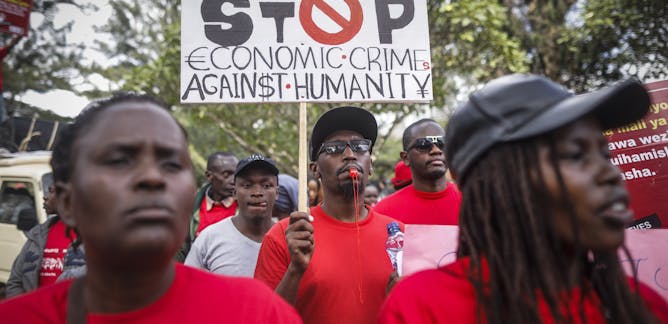
Odongo Kodongo, University of the Witwatersrand
As news of mega corruption scandals continue to dominate headlines in Kenya, the economy has taken a major hit.
| |
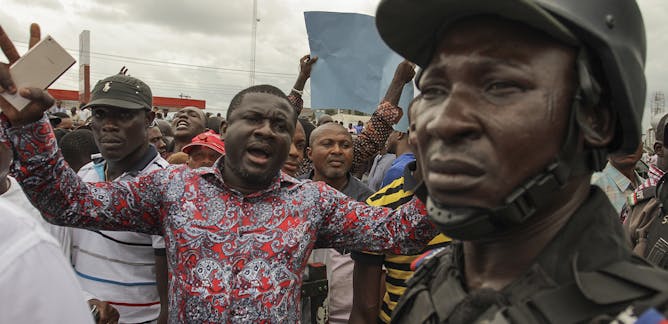
Olayinka Ajala, University of York
Nigeria is far from ready to hold a credible ballot in 2019.
|
|
|
Enviroment + Energy
|
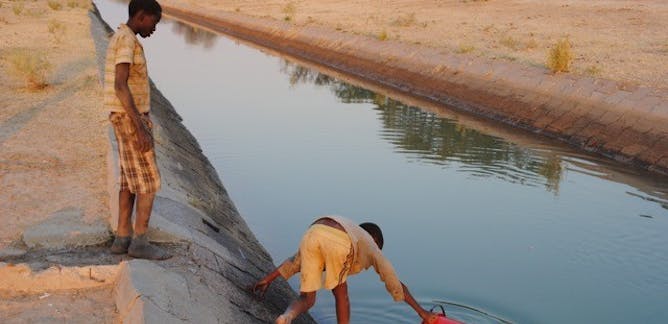
Gina Ziervogel, University of Cape Town; Salma Hegga, University of Cape Town
Namibia has followed a community based water management strategy.
| |
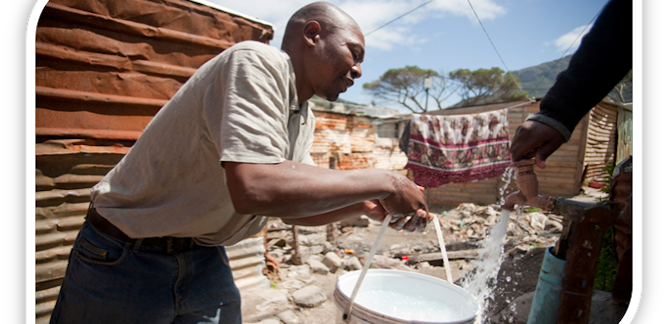
Anna Taylor, University of Cape Town
Cape Town's water crisis holds valuable insights for other cities that need to adapt to the realities of climate change.
|
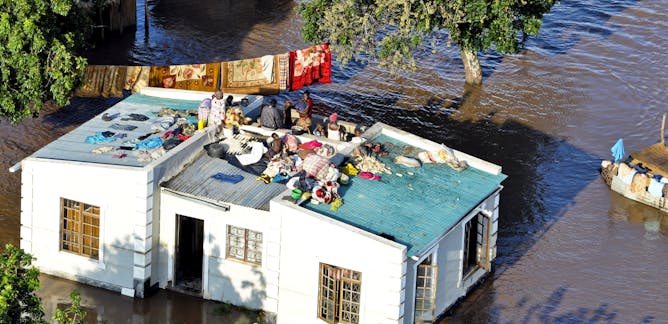
Matthew Abunyewah, University of Newcastle; David A. Savage, University of Newcastle; Kim Maund, University of Newcastle; Michael Odei Erdiaw-Kwasie, University of Southern Queensland; Seth Asare Okyere, Osaka University; Thayaparan Gajendran, University of Newcastle
While disaster insurance would go a long way in averting losses, demand for cover is still lower than expected.
| |
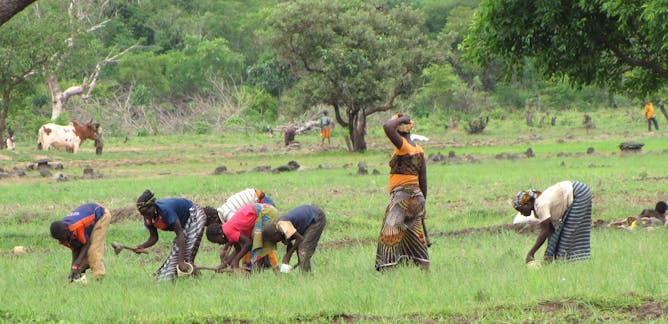
William G. Moseley, Macalester College
Foraging and gathering food can play a huge role in feeding people.
|
|
|
Politics + Society
|
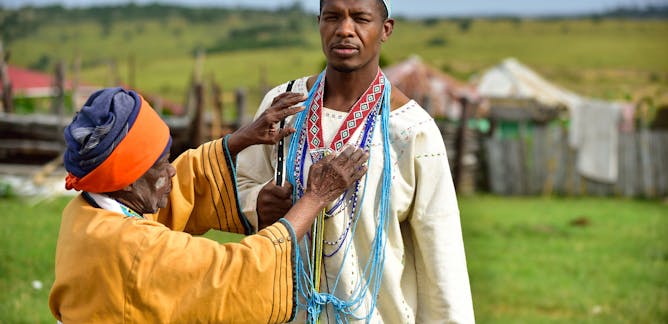
Mmampho KB Gogela, Walter Sisulu University
Women don't want to be reduced to ceremonial roles; they believe they can add value in making decisions.
| |
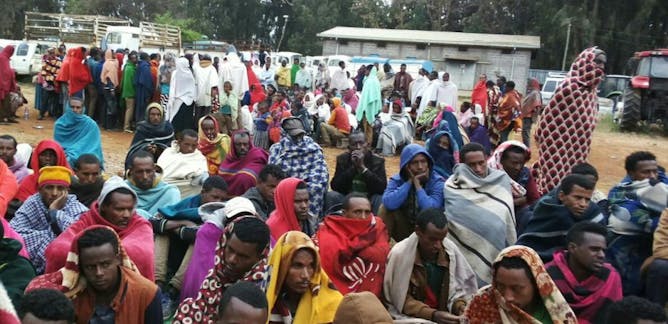
Yohannes Gedamu, Georgia Gwinnett College
Ethiopia's new premier has brought hope but he must address the eviction of ethnic Amharas.
|
|
|
Business + Economy
|
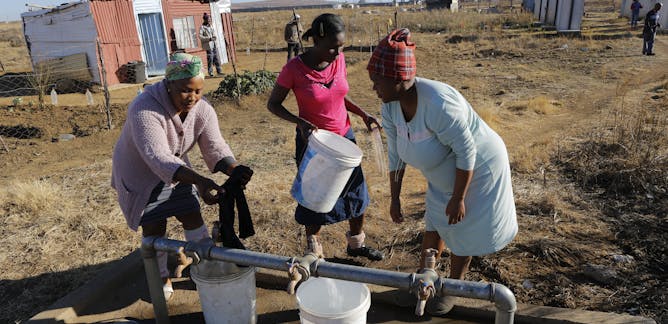
Richard Calland, University of Cape Town
The latest World Bank report on South Africa addresses solutions to the country's economic challenges.
| |
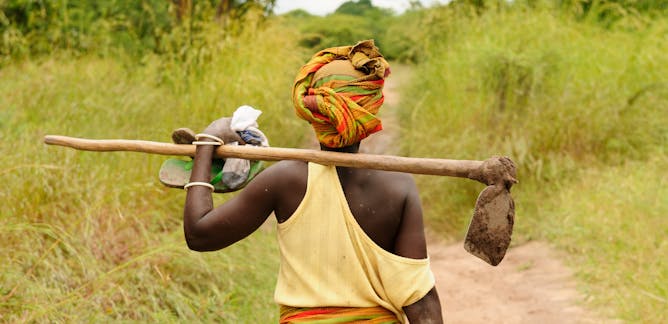
Luke Messac, MD, PhD, University of Pennsylvania
The methods used to measure gross domestic product are being criticised for excluding the unpaid work done by women.
|
|
|
Science + Technology
|
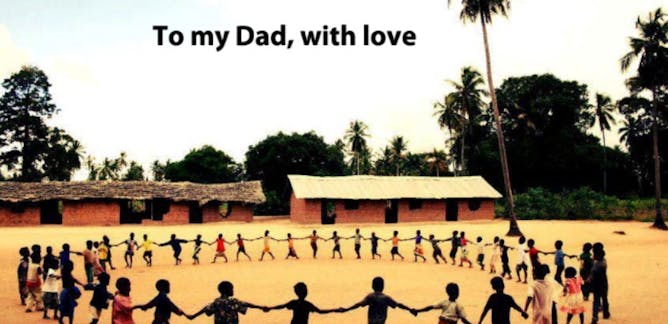
Caroline Lenette, UNSW
Wider access to technology has increased possibilities to share stories via digital means.
| |
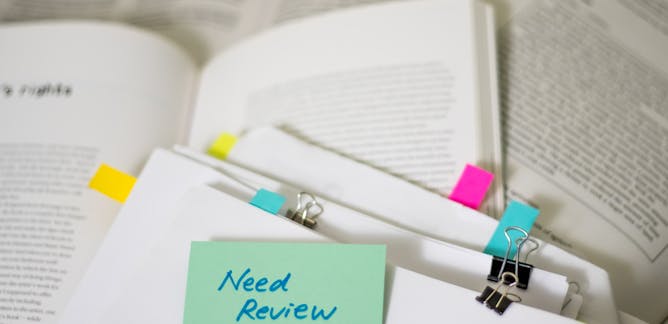
Neal Robert Haddaway, University of Johannesburg
Researchers should try to make their literature reviews as reliable as possible and adhere to strict standards.
|
|
|
Health + Medicine
|
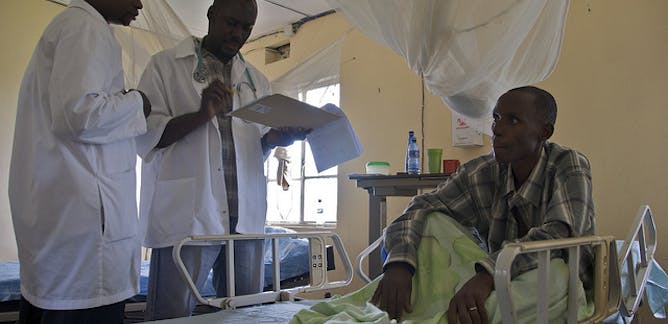
Jean-Benoit Falisse, University of Edinburgh; Serena Masino, University of Westminster
In countries where health systems are limited, collaboration between traditional healers and health professionals may help fill the gaps.
| |
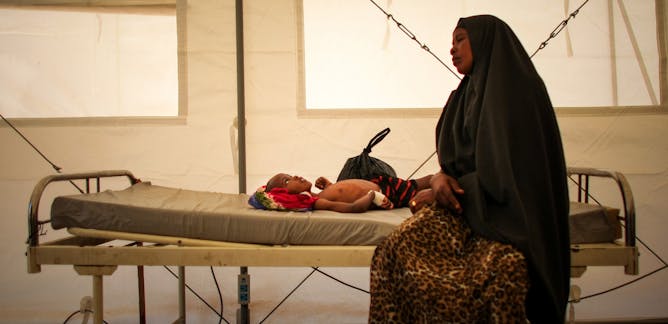
Marleen Temmerman, The Aga Khan University
Many countries still don’t openly and comprehensively address sexual and reproductive health.
|
|
|
Arts + Culture
|
-
Ruth Simbao, Rhodes University
The persistence of Sam Nzima's June 16 photograph is remarkable. The shadow in the photograph can be read as a metaphor for the rich debate that this image continues to bring to the surface.
|
|
| |
| |
| |
| |
| |
| |
|
|
|
|
|
|
|